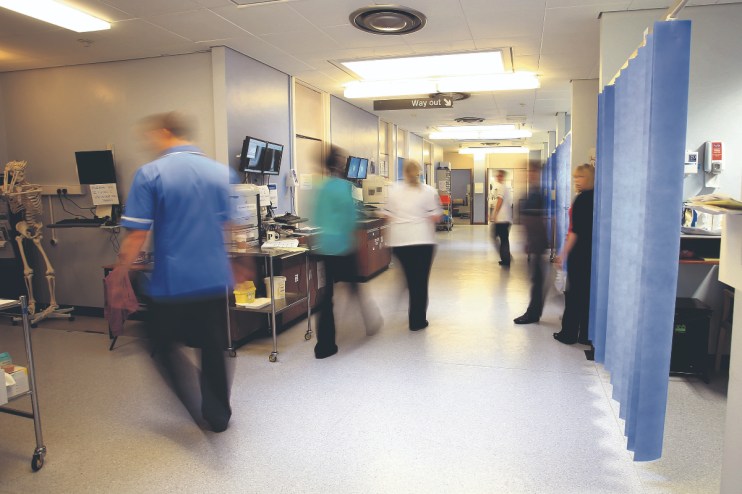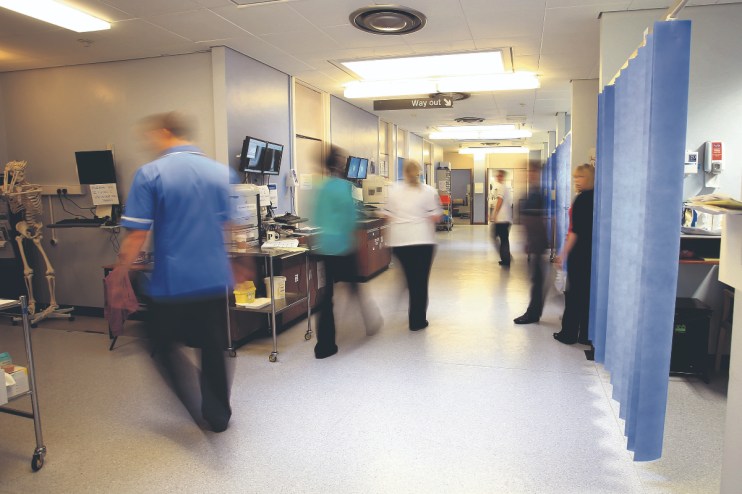UK Science Minister Lord Patrick Vallance has called for stronger collaboration between the US and UK in the health tech and life sciences sectors, describing it as a “unique opportunity” to boost economic growth and medical innovation on both sides of the Atlantic.
Speaking at the BIO 2025 global biotech conference in Boston, Vallance emphasized that combining the UK’s health data and academic expertise with America’s technological innovation capabilities could accelerate breakthroughs in disease treatment and diagnostics while supporting thousands of high-skilled jobs.
“New technologies are offering hope for treatments and cures for diseases long thought incurable, and are laying the foundations for new businesses, jobs, and even entire industries,” Vallance stated. “Let’s seize this moment together so both our countries can be healthier and more prosperous.”
Vallance highlighted that life sciences is one of the UK government’s core growth sectors, both economically and strategically. He pointed to the recently announced £520 million investment in life sciences manufacturing and a broader research and development (R&D) funding increase included in the latest Spending Review.
The Spending Review, presented by Rachel Reeves, Chancellor of the Exchequer, pledged to raise UK research and innovation funding from £20.4 billion to £22.6 billion annually by 2029-30. This long-term investment aims to support new treatments, AI breakthroughs, and high-growth tech sectors as part of a wider industrial strategy expected later this month.
“Britain is the home of science and technology,” Reeves said. “Through our plan for change, we are investing in Britain’s renewal to create jobs, protect our security against foreign threats, and make working families better off.”
The private sector has welcomed Vallance’s call for closer UK-US life science collaboration. Nick Portch, Senior Director at Equinix, noted that greater cross-border collaboration, particularly in data sharing, is crucial for maximizing R&D budget impact and accelerating innovation.
“Life sciences R&D is heavily reliant on data analysis and insights. One way to stretch budgets further and multiply the impact of research results is to collaborate and combine insights,” Portch explained. “Given the sensitivity and confidentiality of life sciences data, secure collaboration is possible using co-location data centers that ensure full regulatory and confidentiality compliance.”
Such collaboration could lead to “more impactful medical treatments, faster partner-enabled outcomes, and more accurate diagnostic tests,” according to Portch.
Vallance’s remarks come amid intensifying global competition in AI, biotech, and pharmaceutical innovation. The UK’s life sciences sector, valued at over £94 billion, is seen as a key driver in achieving the government’s goals of increasing productivity, improving health outcomes, and establishing the UK as a science superpower.
“The special relationship between the UK and US should now be expanded to tackle health challenges,” Vallance concluded. “Science is always stronger when we work with others. Working together with the UK’s greatest ally, the US, is one of the prime examples of this.”



